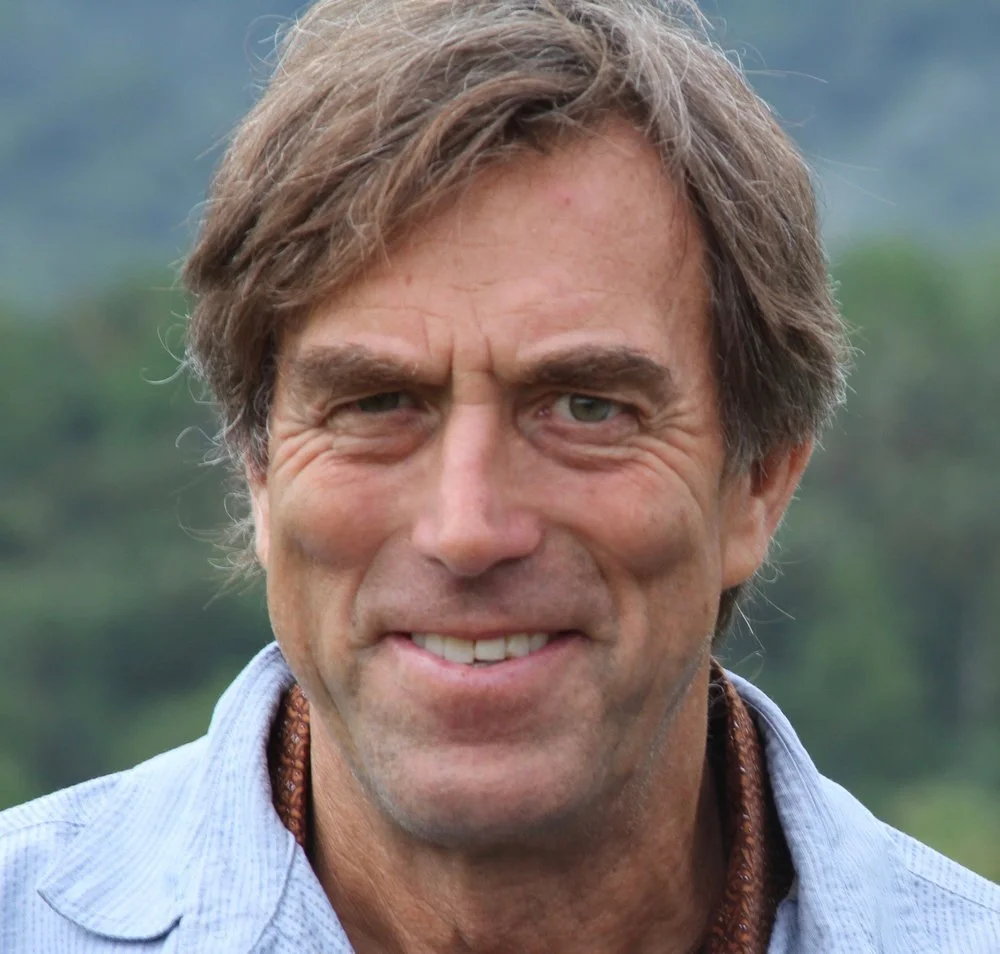EVENT POSTPONED.
Unfortunately, this event has been postponed. We will let you know the rescheduled date as soon as possible! Thank you for your understanding.
About Gallop Toward the Sun:
The conquest of Indigenous land in the American East through corrupt treaties and genocidal violence laid the groundwork for the conquest of the American West. Acclaimed author Peter Stark exposes the fundamental conflicts at play through the little-known but consequential struggle between two extraordinary leaders.
William Henry Harrison was born to a prominent Virginia family, son of one of the signers of the Declaration of Independence. He journeyed west, became governor of vast Indiana Territory and sought statehood by attracting settlers and imposing one-sided treaties. Tecumseh belonged to an honored line of Shawnee warriors and chiefs. His father died while fighting the Virginians flooding into Kentucky in the 1770s, and in his dying words, Tecumseh’s father extracted a promise from his sons to "Never give in" to the land-hungry Americans. Tecumseh was, by all accounts, one of the nineteenth century’s greatest leaders.
An eloquent speaker, he travelled from Minnesota to Florida and west to the Great Plains convincing far flung tribes to to join a great confederacy to hold onto their lands and face down their common, American, enemy. Eager to stop U.S. expansion, the British backed Tecumseh’s confederacy in a series of battles during the forgotten western front of the War of 1812 that would determine control of the North American continent.
Tecumseh’s brave stand was likely the last chance to protect Indigenous people from U.S. expansion – and prevent the upstart United States from becoming a world power. In this fast-paced narrative—with its bloody battles, high-stakes diplomacy, and sharply drawn characters—Peter Stark brings this pivotal moment to life.
Author bio:
Peter Stark is an adventurer and historian. Born in Wisconsin, he grew up in an adventurous and outdoorsy family and graduated from Dartmouth College. After taking a master's in journalism at the University of Wisconsin, and working briefly for The Missoulian newspaper in Montana, he set out to write adventure-travel articles about Greenland, Tibet and elsewhere for magazines such as Outside, Smithsonian, The New York Times Magazine, and others. His 1997 article for Outside, "Frozen Alive," is considered a classic of the adventure genre and formed the basis for his book Last Breath: Cautionary Tales from the Limits of Human Endurance, named Amazon's best outdoors book of 2001. With his wife, choreographer and writer Amy Ragsdale, and their two children, Stark and family lived for a year each in Mozambique and a remote region of Brazil.
After taking part in the harrowing "first descent" of Mozambique's 750-kilometer-long Lugenda River by kayak in 2002, Stark decided to pull back from edgy adventure himself and pivot toward exploration history. Based in Missoula, Montana, he now specializes in researching and writing historical accounts of early American explorers in wilderness settings and their contact with Indigenous peoples. His book Astoria, a New York Times bestseller in 2014, told the epic story of the first American colony on the West Coast (at the Columbia River's mouth) and was named a PEN USA finalist and made into a two-part play by Portland Center Stage. His Young Washington (2018) was named a finalist for the George Washington Book Prize.


